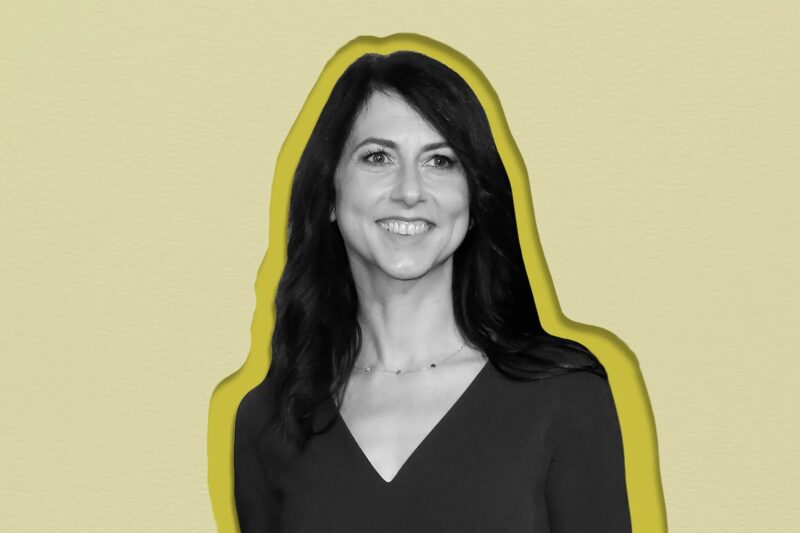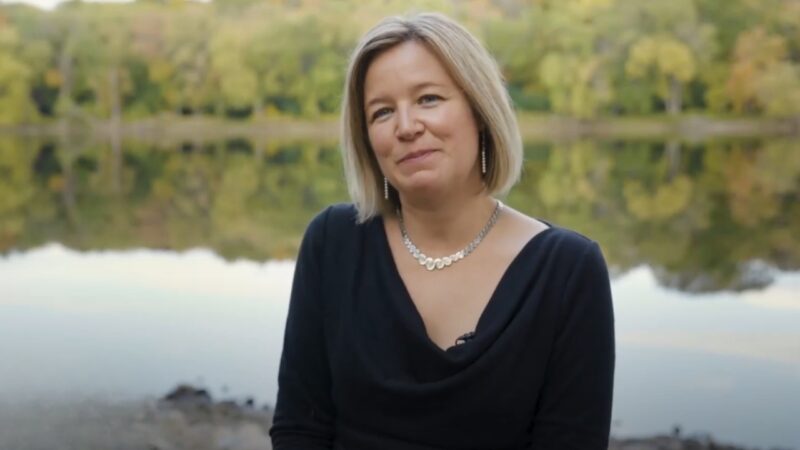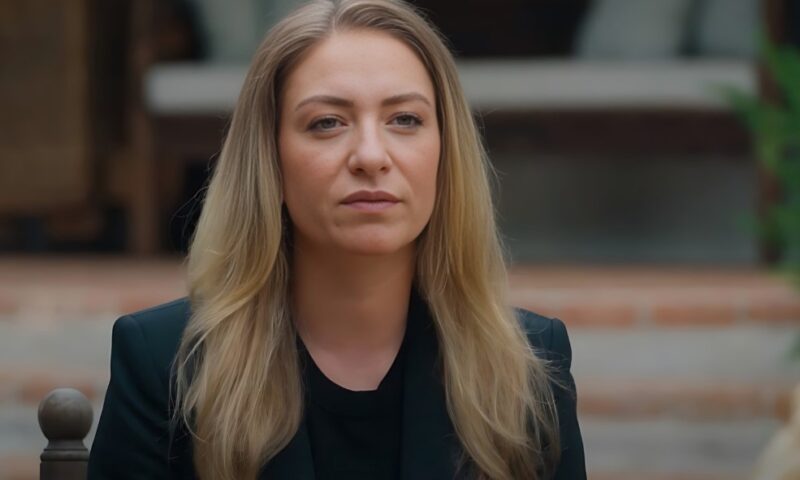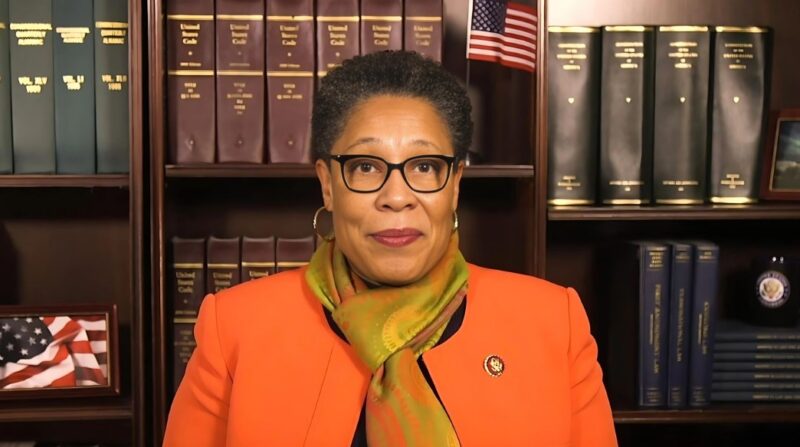Mackenzie Scott’s journey has been so inspiring to follow. As a young writer just starting out, pursuing her dream of crafting novels, I’m sure she never expected the incredible path her life would take. To go from those humble beginnings to becoming a billionaire philanthropist revolutionizing giving – it’s genuinely amazing.
I think many people can relate to her early struggles as a writer, pouring her heart into stories but unsure if anything would come of it. She must have worked so hard. Then to meet Jeff Bezos and really believe in his bold vision for this online bookstore – it shows her commitment to taking chances. They were really partners in building Amazon from the ground up.
Her divorce was probably difficult in many ways. But like Mackenzie, I try to believe that everything happens for a reason. And the reason in her case seems to be that she’s been able to help so many through her generosity.
Let’s find out more about her life.
Early Life and Writing Career
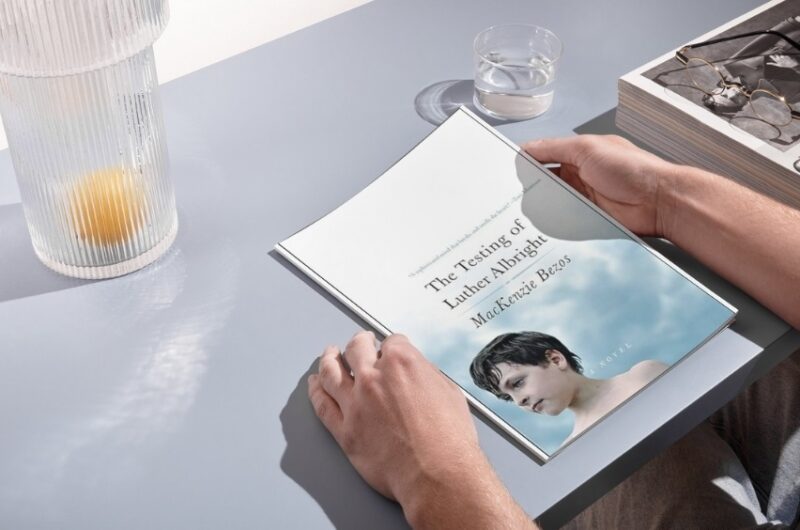
Born in San Francisco in 1970, she developed a love for writing at a young age. She pursued English at Princeton University, where she studied under the esteemed Toni Morrison.
Her talent for storytelling led to the publication of her debut novel, The Testing of Luther Albright, in 2005, which won an American Book Award. In 2013, she released a second novel, Traps, further establishing her literary credentials.
Contribution to Amazon
In 1993, she married Jeff Bezos and played a crucial role in the early days of Amazon. She worked alongside him, handling a variety of tasks essential to the company’s growth. From driving shipments to working on the company’s name, her efforts were integral to Amazon’s foundation. Her work behind the scenes helped shape Amazon into the e-commerce giant it is today.
Divorce and Wealth Acquisition
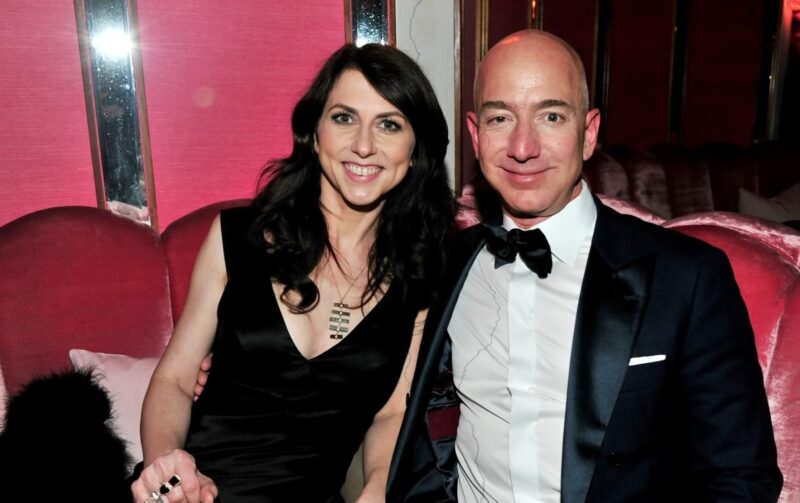
The divorce finalized in 2019 served as a significant turning point in Mrs. Scott’s life. As delineated in the settlement, she received approximately four percent of Amazon’s outstanding shares. At the time, this allotment equated to approximately $36 billion in holdings, instantly elevating her to the ranks of the world’s most affluent individuals. Despite achieving immense newfound prosperity, Mrs. Scott’s core values and aspirations remained steadfast.
Her swift decision to dedicate substantial resources to philanthropic endeavors was decidedly unprecedented. Rather than establishing a private foundation or implementing gradual donations over an extended timeframe, Mrs. Scott adopted an approach defined by alacrity and scale. This strategic prioritization of immediacy stemmed from her fervent desire to expeditiously address pressing societal challenges.
In the wake of the divorce proceedings, Mrs. Scott pledged to contribute no less than one-half of her aggregate wealth to beneficent causes. By joining the esteemed Giving Pledge initiative, she formally committed to directing her considerable fortune toward alleviating global issues. This public commitment was more than mere words, as evidenced by her sizable unrestricted grants to diverse nonprofits.
Philanthropic Vision
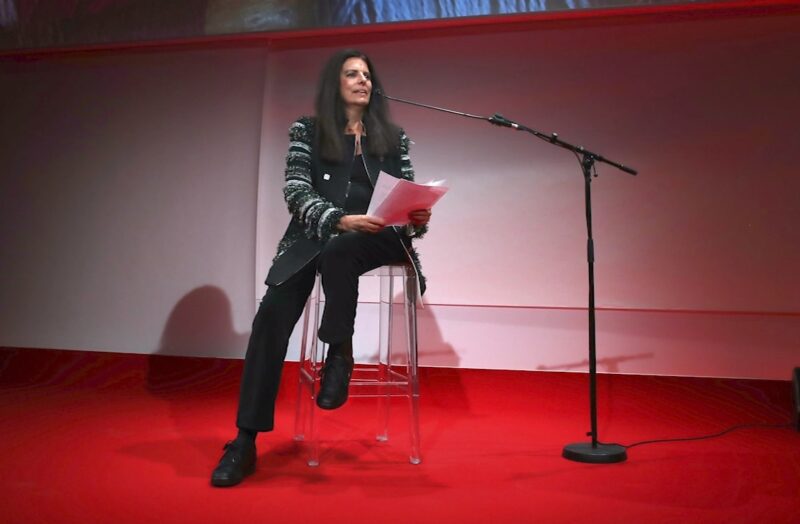
The philanthropic vision that Ms. Scott has put forth is incredibly bold and innovative. By focusing on sizable donations delivered promptly, without prescriptive constraints, she demonstrates her belief that those closest to important work truly understand how funds could be best utilized. This diverges meaningfully from conventional practices within the field which frequently involve protracted application and reporting requirements.
Rather than acclaim or oversight into spending, Ms. Scott’s philosophy centers on trust and empowerment. Through substantial unrestricted grants, she enables beneficiaries flexibility and autonomy to address pressing matters and long-term goals.
I also admire how her giving emphasizes urgency, reflecting her comprehension of pressing needs faced by under-resourced organizations and communities. Rather than permitting bureaucratic impediments to delay aid, she moves quickly.
What’s more, the scale of Ms. Scott’s donations is transformational, not solely generous. By concentrating on areas like racial equity and LGBTQ+ rights often overlooked by other funders, she aims to catalyze lasting change and dismantle systemic inequalities.
Major Contributions
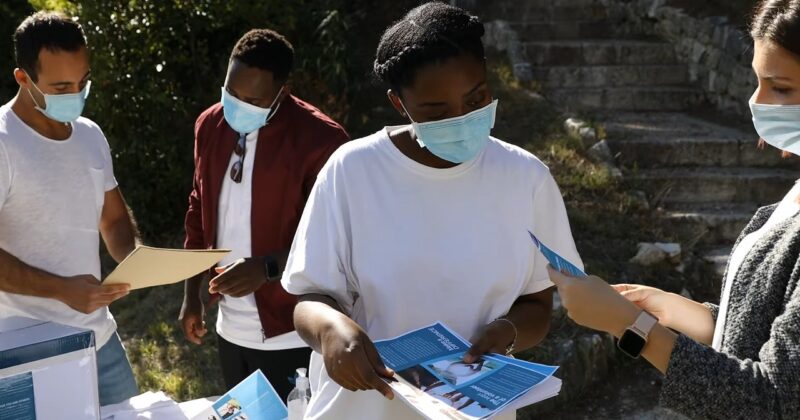
I’m especially glad she’s supported HBCUs significantly. Knowing the struggle to get proper funding, these gifts will do so much good – helping schools expand what they offer kids and open doors in the community. Each student’s success is a win for us all.
Racial and gender equality are also close to my heart, so I appreciate her backing groups leading that charge. And the donations for LGBTQ+ rights have built invaluable power in the fight for full inclusion. By tackling systemic bias at the roots, she’s serving justice at its purest.
Education remains a lifeline, and Ms. Scott gets that. I’m glad to see investments not just in HBCUs but also in community colleges opening worlds of opportunity, especially for people like me who came from humble roots.
Access to proper healthcare is another basic need, so bravo to her for aiding those providing services where they’re truly dire. Her help can mean the difference between struggling and surviving, which is the difference between living and not.
With climate change threatening us all, I’m proud she’s stood with the earth too. Sustaining what God gave means sustaining ourselves and our kids’ kids down the line.
But what’s stuck with me most is the scale of it all – letting groups attain real dreams instead of scraping pennies together year to year.
Philanthropy On a New Level
For too long, donors wanted credit without accountability. But shining a light on contributions empowers others and puts a real face to the impact. More funders need the courage of their convictions.
The scale and speed of her gifts also stand out. When you’re used to Granting cycles and long approval chains, this swift aid is lifesaving. It lets communities respond now, not when the paperwork’s done. That’s real change – when people get help right when they need it.
Prioritizing marginalized groups shows her values run deep. For years those communities struggled while others got attention. But Miss Scott’s putting resources where they’re most needed. It’s about time more wealthy people took that approach.
And not tying strings to funds is such a vote of trust. She understands experts in the field know best how to help.
Final Thoughts
In closing, Miss Scott’s path really serves as an inspiration. To go from those early days writing stories just hoping to make a livin’, to becoming one of history’s greatest givers – it’s proof that life works in wondrous ways.
Though her wealth came from immense success, I think what she’s done with it matters even more. She’s taking a stand that money’s worth is in what you build with it, not what it builds up for you.


